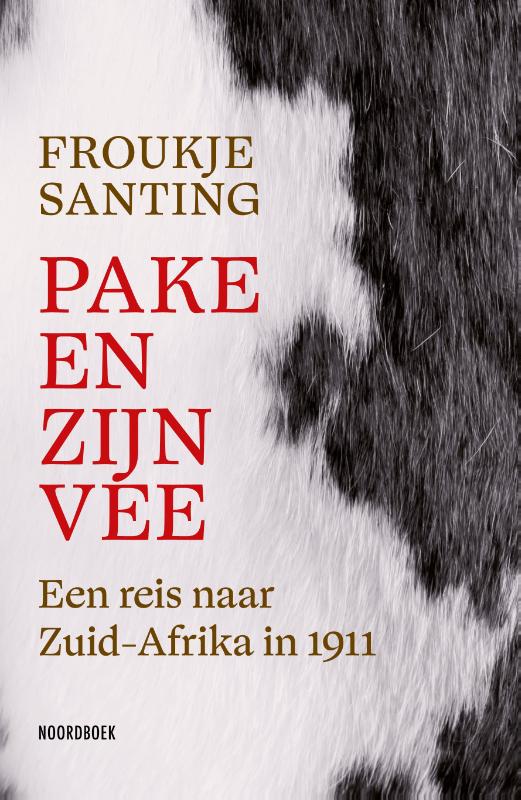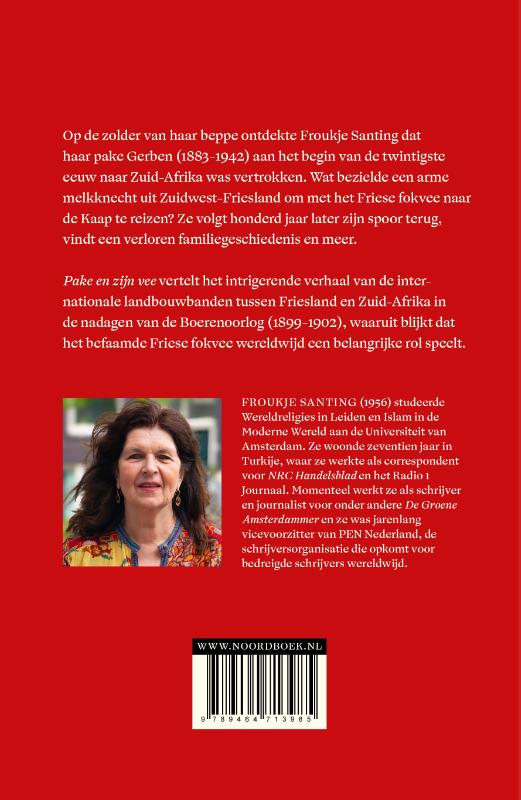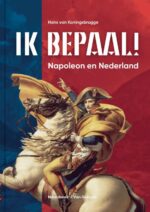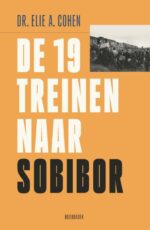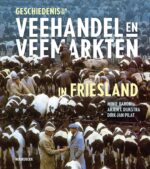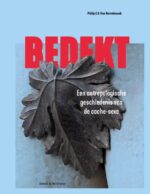Pake en zijn vee
€ 24,90
Op de zolder van haar beppe ontdekte Froukje Santing dat haar pake Gerben (1883-1942) aan het begin van de twintigste eeuw naar Zuid-Afrika was vertrokken. Wat bezielde een arme melkknecht uit Zuidwest-Friesland om met het Friese fokvee naar de Kaap te reizen? Ze volgt honderd jaar later zijn spoor terug, vindt een verloren familiegeschiedenis en meer.
Pake en zijn vee vertelt het intrigerende verhaal van de internationale landbouwbanden tussen Friesland en Zuid-Afrika in de nadagen van de Boerenoorlog (1899-1902), waaruit blijkt dat het befaamde Friese fokvee wereldwijd een belangrijke rol speelt.
Froukje Santing (1956) studeerde Wereldreligies in Leiden en Islam in de Moderne Wereld aan de Universiteit van Amsterdam. Ze woonde zeventien jaar in Turkije, waar ze werkte als correspondent voor NRC Handelsblad en het Radio 1 Journaal. Momenteel werkt ze als schrijver en journalist voor o.a. De Groene Amsterdammer en ze was jarenlang vicevoorzitter van PEN Nederland, de schrijversorganisatie die opkomt voor bedreigde schrijvers wereldwijd.
Gerelateerde boeken
-
-
Geschiedenis van de veehandel en veemarkten in Friesland
€ 39,90Met een ferme handslag en een krachtig uitgesproken GELOK (geluk) accepteert een Friese veehandelaar het bod van een koper. De koop is gesloten. Zo is het eeuwenlang gegaan.
De veehandel in Friesland is al vele generaties belangrijk voor families die er hun brood in verdienen en draagt wezenlijk bij aan de regionale welvaart. Dit rijk geïllustreerde boek toont het roemrijke verleden van de Friese veehandel en veemarkten. Naast aandacht voor de economische en sociale aspecten, de infrastructuur en logistiek, sluit het boek af met de boeiende geschiedenis van de familie Pilat, een geslacht van veehandelaren in Friesland. -
